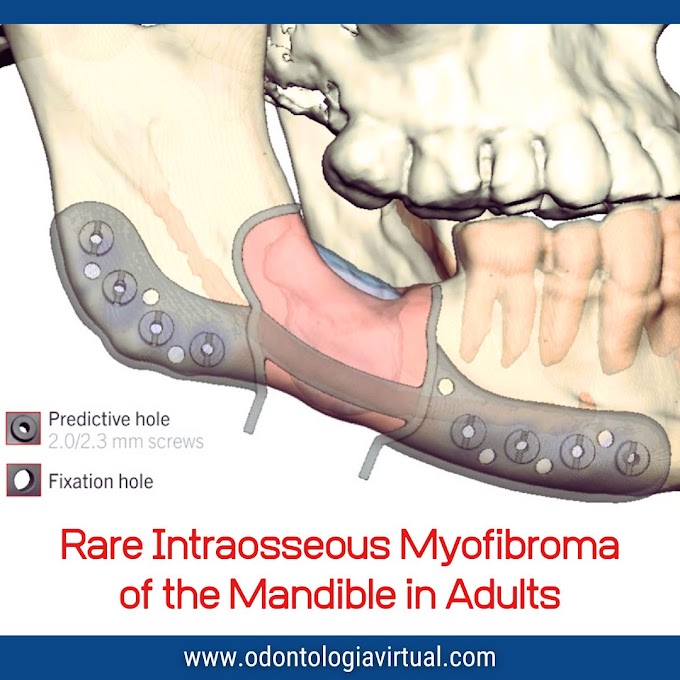However, the long-term success of implants can be significantly influenced by systemic medications that affect bone metabolism, immune response, and tissue healing.
Key Medications of Concern
1. Bisphosphonates (Alendronate, Zoledronic Acid, Ibandronate)
✔ Indicated for osteoporosis and metastatic bone disease.
✔ Associated with medication-related osteonecrosis of the jaws (MRONJ), especially in high-dose intravenous regimens.
2. Denosumab
✔ A RANKL inhibitor that reduces bone resorption.
✔ Similar risk profile to bisphosphonates regarding MRONJ and impaired osseointegration.
3. Systemic Corticosteroids (Prednisone, Dexamethasone)
✔ Long-term use leads to reduced bone density, delayed healing, and increased risk of peri-implantitis.
4. Immunosuppressants (Cyclosporine, Tacrolimus, Methotrexate)
✔ Impair tissue regeneration and increase susceptibility to peri-implant infections.
5. Antineoplastic Chemotherapy Agents
✔ Interfere with bone marrow and soft tissue repair, compromising surgical outcomes.
6. Selective Serotonin Reuptake Inhibitors (SSRIs: Fluoxetine, Sertraline, Paroxetine)
✔ Recent studies suggest higher implant failure rates due to altered bone remodeling.
7. Antiangiogenic Agents (Bevacizumab, Sunitinib)
✔ Can negatively affect vascularization and healing of peri-implant bone.
Clinical Implications
A thorough pharmacological history is essential before planning implant therapy.
Coordination with the patient’s physician may be necessary to adjust or temporarily suspend medication when feasible.
Dentists must also monitor closely for early signs of implant complications in patients receiving these treatments.
Conclusion
Medications such as bisphosphonates, denosumab, systemic corticosteroids, and SSRIs are among the most critical to consider, as they directly impact osseointegration and long-term implant stability.













